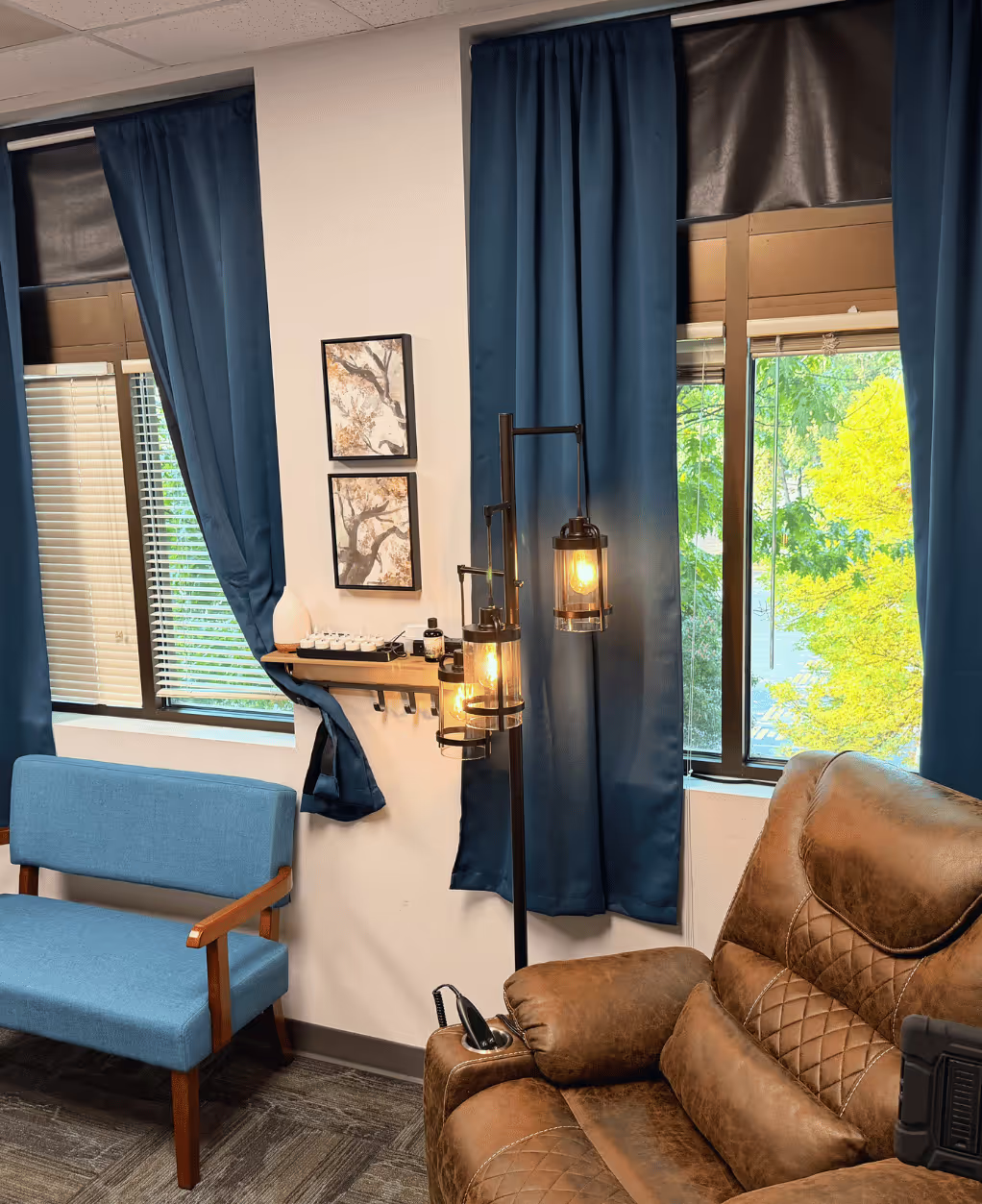ADHD Treatment for Children and Adults
At Lonerock Clinic in Eugene, Oregon. We provide compassionate, personalized care, including expert medication management, to help individuals of all ages manage symptoms and thrive in work, school, and life.


Understanding ADHD and Its Impact
ADHD is more than occasional inattention or restlessness. It is a complex condition that can affect both children and adults. Symptoms may include difficulty concentrating, hyperactivity, and impulsive behaviors that interfere with daily life, relationships, and work or school performance.
Left unmanaged, ADHD can contribute to increased anxiety, depression, and low self-esteem. At Lonerock Clinic, we specialize in identifying ADHD symptoms and creating personalized treatment plans that help patients regain focus, manage behaviors, and lead fulfilling, productive lives.
Recognizing the Signs of ADHD
ADHD symptoms vary widely and generally fall into three main categories: inattention, hyperactivity, and impulsivity. These behaviors can affect daily activities, relationships, and overall quality of life. Early recognition of these signs is key to receiving effective treatment and support.
Core Symptoms of ADHD
ADHD presents differently from person to person, and having a clear understanding of its core features can make navigating care more straightforward. While symptoms still fall into the areas of inattention, hyperactivity, and impulsivity, the way these patterns appear can vary, influencing school, work, and daily routines in unique ways.
Inattention
Difficulty staying focused on tasks or conversations, making careless mistakes, losing items, struggling with organization and time management, and forgetting important responsibilities.
Hyperactivity
Constant movement such as fidgeting or pacing, inability to stay seated, excessive talking, and difficulty engaging in quiet activities like reading or meditation.
Impulsivity
Acting without thinking, interrupting others, making risky decisions, difficulty waiting for a turn, and blurting out answers before a question is finished.
Collaborative Care for Better Mental Health
We believe that integrated, team-based care is essential for effective mental health treatment. We work closely with your primary care physician, therapists, and other healthcare providers to ensure a coordinated approach tailored to your needs.
A Simple, Whole-Person Approach to Care
Our integrated approach ensures that your physical and emotional, well-being are all supported throughout your journey. With a compassionate team and clear communication every step of the way, we make getting the right care simple, ansd comfortable.

Schedule Your Visit
Call us or book online. We’ll help you find a convenient time. You can begin prioritizing your mind and body.
Meet Your Care Team
During your visit, we’ll create a personalized plan that addresses both your mental and physical health goals.
Get Ongoing Support
Your care doesn’t end after one visit. From follow-ups and prescriptions, our team stays connected to ensure consistent support and lasting results.
Frequently asked questions
Navigating ADHD can be challenging, for both children and adults. Here are answers to some common questions to help you understand what to expect from ADHD care at LoneRock Clinic.
Can adults develop ADHD?
ADHD typically begins in childhood, but many adults are diagnosed later in life when they recognize symptoms affecting work, relationships, or daily functioning.
How does ADHD affect mental health?
Untreated ADHD can increase the risk of anxiety, depression, and low self-esteem. Proper diagnosis and treatment can improve overall mental well-being.
What should I expect during medication management?
Providers will assess your symptoms, recommend a medication plan, and provide ongoing monitoring. Adjustments are made to maximize effectiveness while minimizing side effects.






